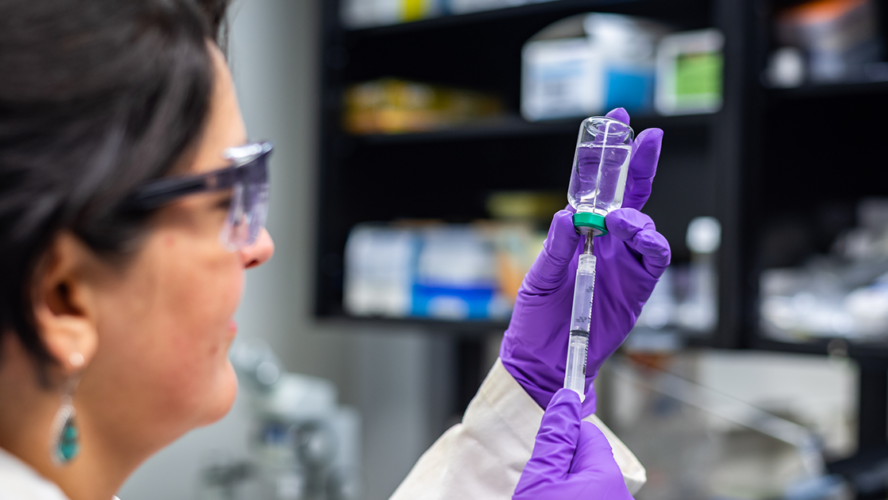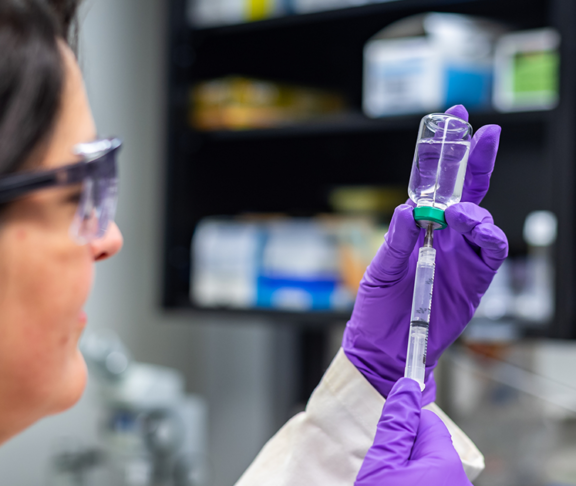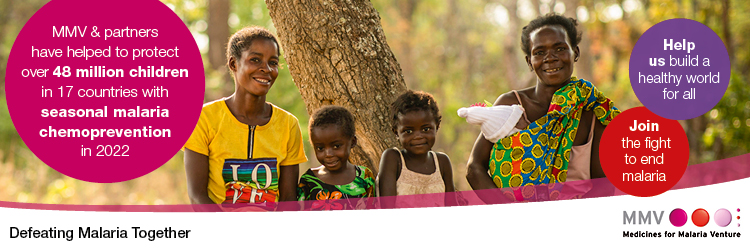
Dr Astrid Bonfield
CEO, Malaria No More UK
This year, World Malaria Day falls during World Immunisation Week, highlighting the collective action needed to protect people from vaccine-preventable diseases, including malaria.
Malaria is one of humankind’s oldest and deadliest diseases, stealing futures and diminishing both national and individual potential, with a child still dying every minute from this treatable and preventable disease.
New hope with malaria vaccines
With the international community’s attention focused on COVID-19 in recent years, combined with rising biological and environmental threats and not enough funding, progress in the malaria fight has not only plateaued but is at risk of reversal.
However, the latest pipeline of innovative malaria prevention tools, including vaccines, offer renewed hope for the future. British-backed science is helping to lead the way on the international stage with two promising vaccine candidates — RTS,S developed by British-based GSK, and R21 from the Jenner Institute at the University of Oxford.
Positive impact of malaria vaccines
RTS,S has been in the making for over 30 years and was the first-ever malaria vaccine recommended by the World Health Organisation (WHO). The vaccine is now a crucial part of a wider toolbox of interventions including next-generation insecticide-treated bed nets and innovative malaria medications.
Even greater effectiveness has been seen when RTS,S is used on top of seasonal malaria chemoprevention, which involves giving children malaria prevention medication monthly during the malaria season.
As of this year, a staggering 4.5 million RTS,S vaccine doses have been administered to more than 1.4 million children, potentially saving tens of thousands of children’s lives each year. With many children still left unprotected from malaria, the vaccine has also been shown to reach children not covered by other malaria interventions.
British-backed science is helping to
lead the way on the international stage
with two promising vaccine candidates.
Delivering vaccines to meet demand
This milestone year, Gavi, the Vaccine Alliance will begin the rollout of funded doses to three pilot countries — Kenya, Ghana and Malawi and at least an additional country by 2024. However, there is not enough supply of RTS,S to meet demand, which is where the Oxford University R21 vaccine could play a significant role. Awaiting full vaccine trial results, the WHO will evaluate R21 for recommendation. If approved, R21 will greatly increase the supply of malaria vaccines and help drive down the cost.
With British-backed science at the forefront of the malaria fight, the future is bright but requires continued UK support for the global institutions that deliver the vaccines and new products to the children that need them, including the Global Fund to Fight Aids TB and malaria; and Gavi, the Vaccine Alliance.


